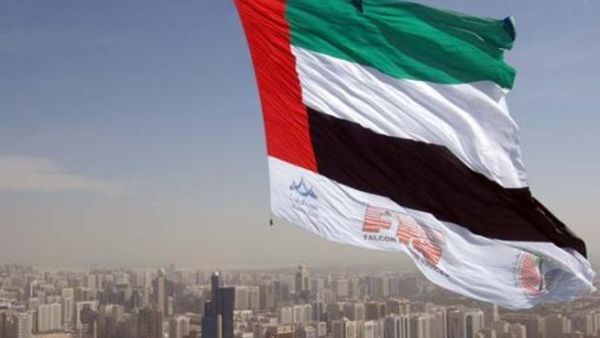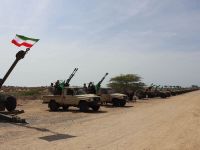According to officials, the United Arab Emirates will keep its currency, the dirham, pegged to the US dollar despite the S&P's downgrade of the world's biggest economy. Oman also sees no risks in investing in US treasuries. Gulf central bankers were holding separate meetings on Sunday to discuss the repercussions of the US credit rating downgrade, sources said.
Except for Kuwait, all Gulf currencies are pegged to the dollar and their fortunes are closely tied to developments in the US. Gulf states are also major investors in US treasures. Mohamad al-Tamini, Deputy Executive Director at the UAE Central Bank Treasury Department, said, "We are pegged to the dollar and will keep it. We don't expect the dollar to collapse as the problem is not in the US alone, but also in the European markets."
Al-Tamimi said the downgrade was not unexpected although its timing was earlier than anticipated. Lending support to the United States on Sunday, al-Tamimi said that there were no alternatives to investing in the US market as it was still "the most liquid and safest market". In July the UAE Central Bank announced that it does not own any US Treasury bonds or government financial instruments.
"But if the yields increase to a justified level, there is no reason why we will not invest in U.S. treasuries," al-Tamimi said. Jarmo Kotilaine, National Commercial Bank Chief Economist in Riyadh, said that the world's largest oil exporting region has an 'established culture of trust in the dollar, but we are facing a turning point that is causing people to question the dollar's role and the fundamentals of the US economy". "This will take us down the road to reassessing the role of the dollar."
Oman, a stable oil producer said on Sunday that it will adhere to US treasury bonds and will not make any rash decisions in light of the US credit rating downgrade. A senior Omani government official who wanted to remain anonymous said, "Let us monitor the situation closely. We don't want to rush into a decision considering the economic turmoil the world is witnessing".
Kuwait is the only Gulf country which pegs its currency to a basket of currencies, though it is heavily dollar-weighted. It detached itself from the dollar in 2007 in a bid to rein in inflation. Policy makers in the Gulf have long said that pegging their currencies to the dollar is beneficial for their countries which rely heavily on the oil and gas sector, as long as inflation is under control.
Central bank officials in Saudi Arabia, Kuwait and Bahrain were not immediately available for comment, though a fund manager in Saudi Arabia who wanted to remain anonymous said, "Saudi Arabia is investing USD 1.9 trillion in the United States, mostly in treasury bills. How will this investment be affected? We don't know, but we are the most risk-exposed market in the GCC". The Omani official said, "Global growth is always threatened when the world's largest economy faces difficult times". (Source: www.yallafinance.com)







